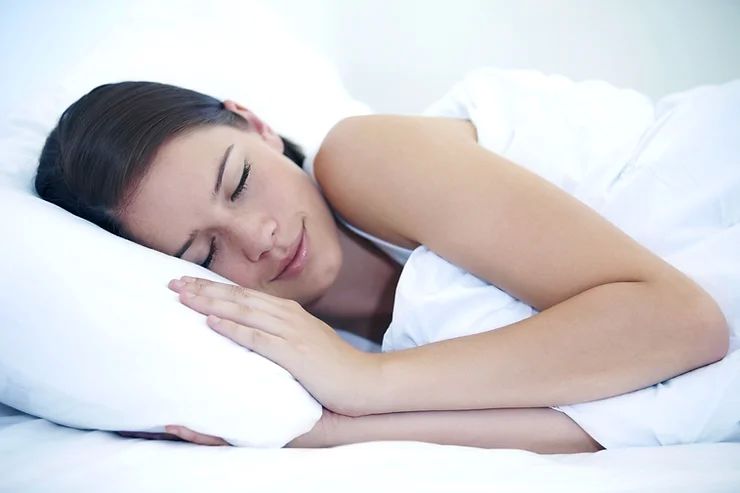
Sleep has increasingly been recognized as important for both physical and mental health. Poor sleep is linked with psychiatric disorders including mood disorders and anxiety as well as physical disorders such as hypertension and obesity.
In today's stressful environment, it can be hard to make time for self-care including sleep but doing so can pay dividends in improved health, happiness, and daytime productivity.
1. Prioritize sleep
When you consider sleep to be an important part of overall health like eating healthy, exercising and taking prescribed medications as needed, setting time aside (7-9 hours for most adults) for sleep seems obvious. However, jobs, families, and other obligations often creep in and prevent us from doing this. You will be better able to handle issues at work and home if you are in good health.
2. Make a routine
Going to bed and waking up at the same time every day, even on weekends, trains our bodies to be tired consistently at the same time each evening. Aim to go to bed 7-9 hours before you plan to wake and set an alarm (ideally not your phone). Use your bed only for sleep and sex so you don't associate it with anything other than those activities.
3. Minimize distractions including screens
The light from computers and phone screens stimulates the wake center of the brain in adults and kids and can make it more difficult to fall asleep. Shut off your computer and phone 1-2 hours before bed. Find relaxing activities you enjoy in the evenings. Reading (on paper), journaling, and talking with a loved one are some options.
4. Optimize fluid intake (water, caffeine, and alcohol)
Dehydration can impair sleep but waking up to use the restroom is also disruptive. On the hot summer days in NYC, it is important to sip water regularly throughout the day to stay hydrated and wind down fluid intake in the evening. Likewise, if you are having difficulty sleeping, cutting out the afternoon and evening caffeine might help as this can be stimulating. Though alcohol can help people fall asleep, the quality of sleep is less restful making alcohol a bad choice for people experiencing sleep difficulties.
5. Exercise
People who are active report better sleep through exercise immediately before bed can make sleep more difficult. Aim to do aerobic exercise most days but not in the 2-3 hours before bed.
6. Limit naps
Napping during the day can seem refreshing after a night of bad sleep but it can perpetuate sleep problems. Napping during the day means that you will be less tired the following evening and less likely to sleep well the following night, creating a cycle of disrupted sleep and robbing you of rest. Take a walk around the block or call a friend instead and go to sleep early in the evening.
7. If you are struggling, call your doctor
Insomnia is a serious medical condition and sometimes requires medical attention. If you are having difficulty sleeping, consider speaking with a doctor who can evaluate you for medical and psychiatric causes of poor sleep and offer treatment.

#sleep #sleephygeine #Health #stress





